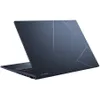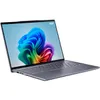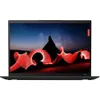Qualcomm Snapdragon X-powered laptops: How does their battery life hold up?
Can Qualcomm's Snapdragon X-powered laptops soar to the top of our battery life rankings? Here's a look at the numbers.
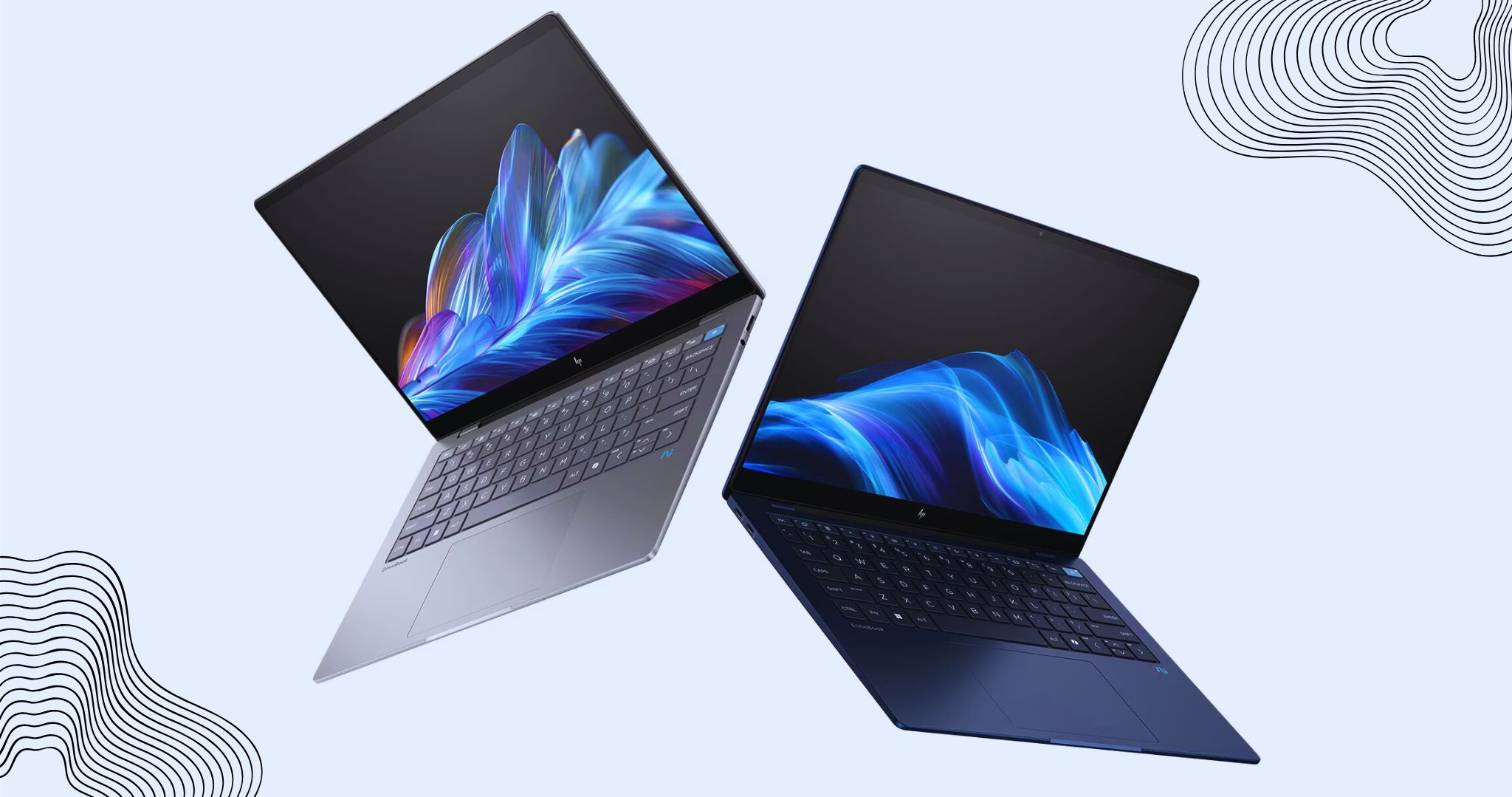
Could laptops powered by Qualcomm's Snapdragon X platform be the new kings of battery life?
The first wave of Copilot+ AI PCs debuted on June 18, and Laptop Mag’s testing experts have been putting these new laptops through our extensive benchmark tests. The results so far paint an intriguing picture of one area where Snapdragon-powered laptops might dominate the laptop market: battery life.
Copilot+ PCs are a new collection of laptops running Microsoft’s Copilot on-device AI platform using Snapdragon X chipsets. Snapdragon chips have historically been mainly for phones and tablets, but Qualcomm is aiming to change that with Copilot+ PCs. The competition is heated, though, with major rival Apple launching its own on-device AI platform for macOS at WWDC 2024.
However, Qualcomm’s Snapdragon X Elite and Snapdragon X Plus chips might give Apple a run for its money. Our battery test results are finally revealing how Snapdragon-powered laptops compare to the competition and which Snapdragon chips may be best for long battery life.
HP leads the pack on Copilot+ PC battery life
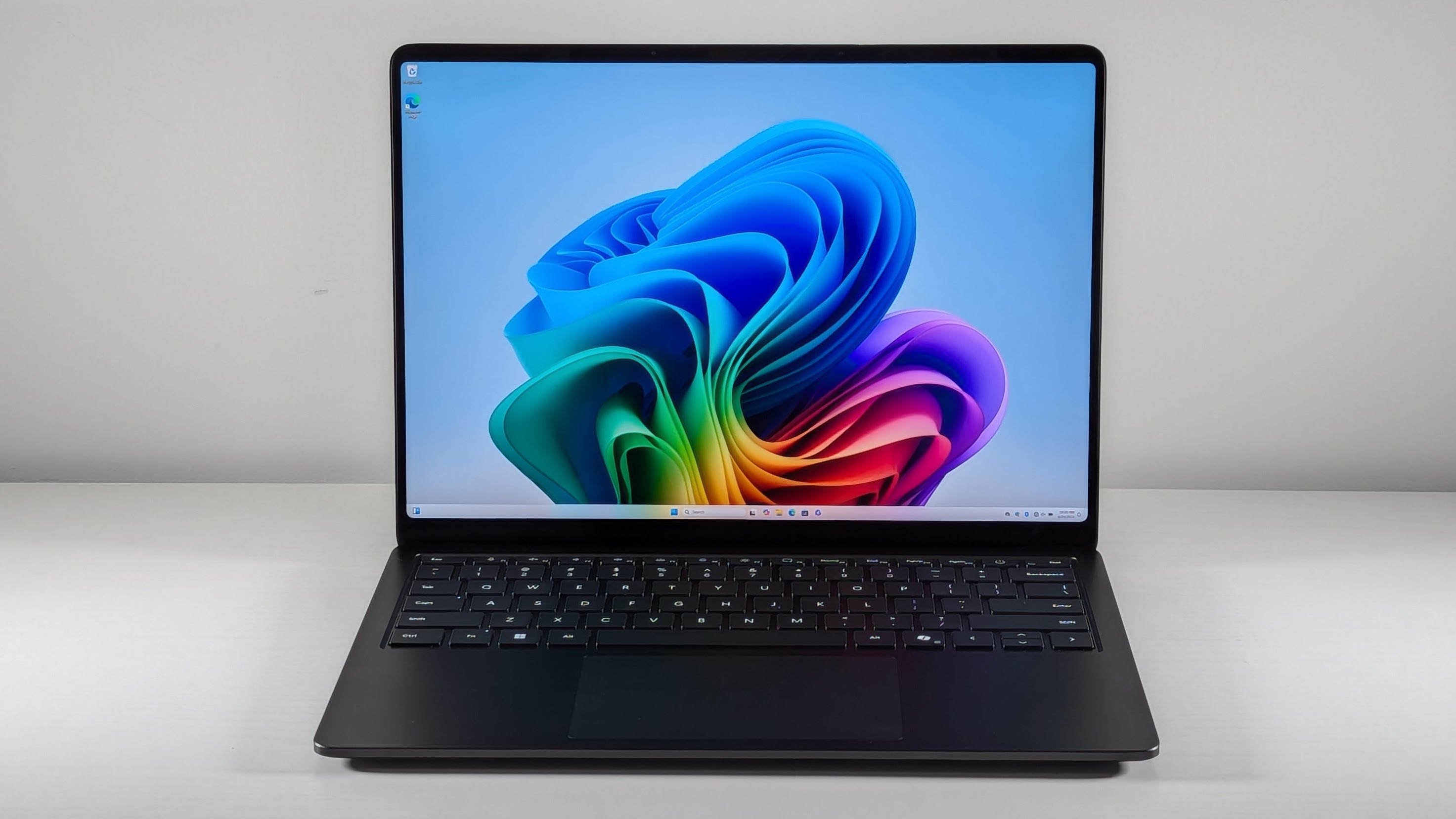
The first wave of Copilot+ PCs includes laptops from several top brands, including HP, Microsoft, Lenovo, Samsung, ASUS, and Acer. Laptop Mag is putting these new AI-powered laptops through the paces, testing everything from AI performance to display quality and, of course, battery life.
The results from our intensive battery life tests highlight one area where Copilot+ PCs shine. So far, our battery life results range from just under 10 to over 16 hours. Only one model, the Samsung Galaxy Book4 Edge, did not meet our premium laptop average of 10 hours and 7 minutes.
The star of our battery life tests so far is HP, which launched two Copilot+ PCs in June, the HP Elitebook Ultra G1q and the HP OmniBook X. Both averaged a staggering 16 hours and 22 minutes of battery life, absolutely demolishing our premium laptop average.
While HP took first and second place in our Copilot+ PC battery life rankings, Microsoft is close behind with its 13-inch and 15-inch Surface Laptops. The 13-inch Microsoft Surface Laptop 7 clocked in at 15 hours and 44 minutes, less than an hour behind HP’s offerings. The 15-inch Surface Laptop 7 lagged at just over 15 hours, but that’s still an impressive battery life score.
The Lenovo Yoga Slim 7x came in reasonably close to Microsoft’s Surface Laptops, scoring 14 hours and 14 minutes on its first round of battery tests. There’s a sharper fall-off after that, though, with the Microsoft Surface Pro 11 lagging behind the Yoga Slim 7x by 2 hours and the Samsung Galaxy Book4 Edge lasting 9 hours and 56 minutes.
Snapdragon-powered laptops vs Apple

Most of the Snapdragon-powered laptops we’ve tested scored above average on battery life, with a few skyrocketing to 15 hours or more. These test results highlight which Snapdragon-powered laptops could be the top performers and how Qualcomm’s foray into AI PCs compares to its rivals.
Maybe the biggest competitor is Apple. Its MacBooks often lead battery life rankings. The first round of Copilot+ PCs is extremely competitive with Apple’s laptops, but the MacBook Pro still outscores them. The 16-inch MacBook Pro M3 Max lasted an incredible 18 hours and 5 minutes in our battery tests, followed closely by the 13-inch MacBook Pro M3, which lasted 17 hours and 16 minutes.
So, the first round of Snapdragon-powered laptops might be unable to dethrone the MacBook Pro as the king of battery life. However, the MacBook Air’s standing isn’t as safe. The 13-inch MacBook Air M3 lasted 15 hours and 13 minutes in our battery tests, putting it behind the HP Elitebook Ultra G1q, HP OmniBook X, and Microsoft Surface Laptop 7 (13-inch). The 15-inch MacBook Air M3 also fell short, with 15 hours and 3 minutes.
Which Snapdragon X CPUs have the best battery life?

While the first wave of Snapdragon-powered laptops might not be able to beat the MacBook Pro’s battery life, they still have fantastic battery life and could be great options for many users. If you want to get the best battery life possible, you might want to pay attention to which Snapdragon CPU you get.
The first wave of Copilot+ PCs currently includes four versions of the Snapdragon X chipset. Recent rumors hint that a few more budget-friendly versions may be on the way later this year. The current offerings include three variants of the premium Snapdragon X Elite chip and one Snapdragon X Plus variant.
The main differences between these four chips are the number of CPU cores, integrated graphics performance, and the inclusion of Dual Core Boost functionality. However, the most powerful Snapdragon X chips might not always have the best battery life.
The HP Elitebook Ultra G1q and OmniBook X had the longest battery life results in our tests. Both are equipped with the Snapdragon X Elite X1E-78-100, the lowest-tier variant of the Elite chipset. The 13-inch and 15-inch Microsoft Surface Laptop 7 models have the Snapdragon X Elite X1E-80-100, which is more powerful than the chip in HP's Copilot+ PCs.
Despite having a more premium chip, the Surface Laptop 7 delivered lower battery life scores than both HP laptops. In fact, the Snapdragon-powered laptop that performed the worst in our battery life tests, the Samsung Galaxy Book4 Edge, had the most powerful chip, the Snapdragon X Elite X1E-84-100.
Of course, the results are close between all four top-performing Snapdragon-powered laptops. There are also plenty of use cases where the more powerful processor in the Surface Laptop 7, for example, is worth settling for a slightly lower battery score. However, based on our thorough battery life test results so far, the Snapdragon X Elite X1E-78-100 is the best option if you want the most battery life possible.
What’s next?
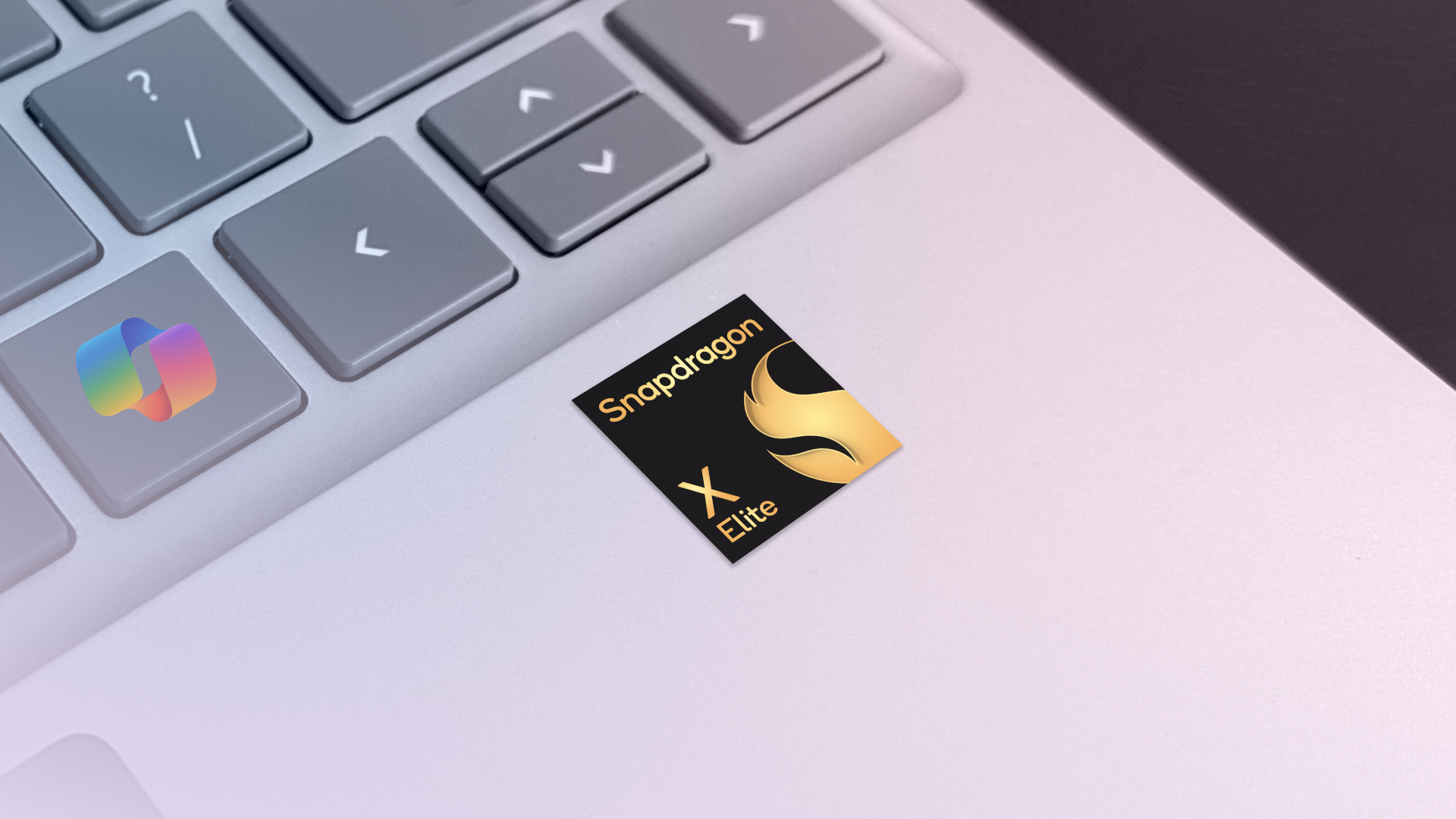
Snapdragon-powered Copilot+ PCs are kicking off an exciting new era of mobile tech featuring on-device AI. This first wave of Copilot+ PCs hints at the performance these new laptops could offer, both now and in the future.
We're already seeing impressive battery life results from Snapdragon-powered laptops, so we can expect them to improve in future models. Could we soon see laptops boasting 20-plus hours of battery life? It's certainly possible.
Of course, there are still wrinkles to iron out. For instance, a notice appeared on the Samsung South Korea website last week warning consumers that the Samsung Galaxy Book4 Edge may not be compatible with many leading apps and games due to the switch to Arm architecture on the Qualcomm Snapdragon X Elite and Plus chips. This is likely a temporary issue, but we'll see it resolved as app developers update their apps to run on Qualcomm chips.
Likewise, we can expect more on-device AI features down the road. One of the flagship features for the Copilot+ PC line-up, Recall, is currently delayed as Microsoft works to improve security. That feature, as well as many others down the line, will significantly impact helping Copilot+ PCs stand out thanks to a growing list of unique on-device AI capabilities.
The team at Laptop Mag is thoroughly testing and reviewing the new Snapdragon-powered laptops, so stay tuned for our full reviews and more insights, details, and news.
More from Laptop Mag
- Microsoft Surface Laptop's Snapdragon X Elite tears through the MacBook Pro in performance
- Lenovo Yoga Slim 7X trounces the competition in performance benchmarks
- Microsoft's Copilot+ PC crushes Intel Meteor Lake and MacBook Pro in a key area
Get The Snapshot, our free newsletter on the future of computing
Sign up to receive The Snapshot, a free special dispatch from Laptop Mag, in your inbox.

Stevie Bonifield is a freelance tech journalist who has written for PC Gamer, Tom's Guide, and Laptop Mag on everything from gaming to smartwatches. Outside of writing, Stevie loves indie games, TTRPGs, and building way too many custom keyboards.

